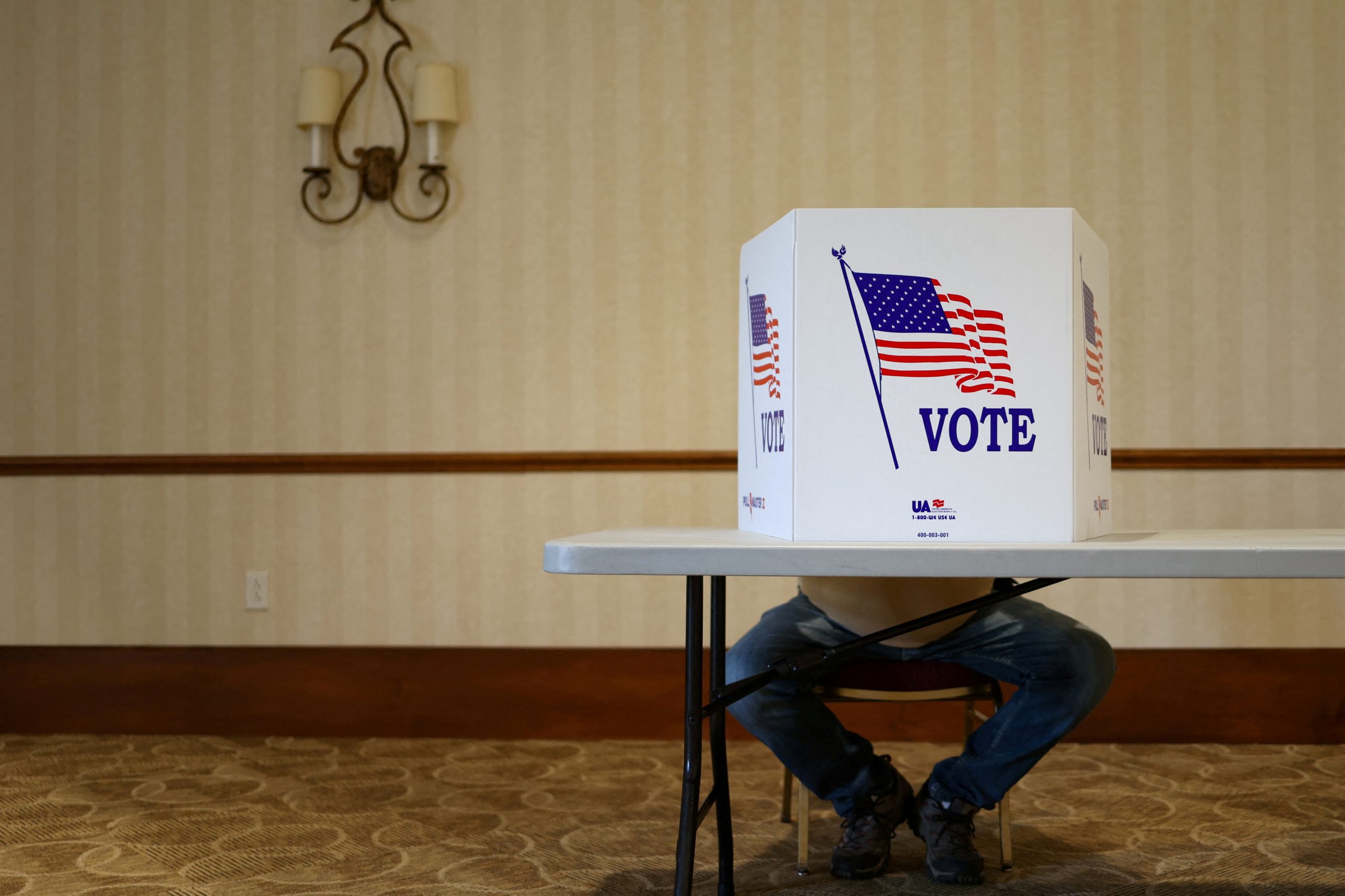
Chris Lange, FISM News
[elfsight_social_share_buttons id=”1″]
Another poll — one of a multitude coming out in the lead-up to the Nov. 8 elections — shows that Democrats’ fears of getting trounced by Republicans in the upcoming midterms appear to be well-founded, but what it reveals about the priorities of evangelical voters should trouble believers across the political spectrum.
A report on an American Values Study poll overseen by respected evangelical pollster George Barna released on Monday revealed that U.S. evangelical voters are more concerned about their financial comfort than the rights of unborn children and religious freedom as they consider who to vote for.
The Cultural Research Center at Arizona Christian University poll asked 2,275 U.S. adults to rank the importance of several key issues highlighted in this election cycle, in terms of “how much influence each of those issues will have on whom you vote for in the upcoming election.” Participants could select “a lot,” “some,” “not much,” or “none.”
Among respondents representing the religious segment of the population, 61% percent said that “inflation and rising cost of living” will have “a lot” of influence on their votes in the midterm elections. Food costs and shortages were identified by 60%, followed closely by gas prices at 58%.
Only 46% of evangelical voters polled ranked “abortion and the right to life” as one of the most influential determinants of how they will vote. “Quality of public-school education” was selected as a top concern by 42% while 38% ranked “national morality and changing values” as a highly influential issue in deciding how they will vote. Meanwhile, only 36% of respondents selected “religious freedom” as a key determinant.
A separate table showing the top-five-rated issues of respondents with a biblical worldview shows “Inflation, Cost of Living” as the No. 1 vote determinant, followed by “Oil and Gasoline Prices,” “Abortion, Right to Life,” “Religious Freedom,” and “Food Prices and Shortages,” in that order.
While the overall rankings correspond with similar views among non-religious respondents, they also reveal a stunning decline in the importance attributed to issues that have historically resonated strongly with Christians.
“Even among the most deeply religious Americans, regardless of their faith of choice, a greater emphasis was placed upon the personal impact of governance choices and public policies,” Barna, the director of the Cultural Research Center and senior research fellow for the Center for Biblical Worldview at the Family Research Council, said.
“That focus on self, to the exclusion of the community, is a reflection of the syncretistic worldview and the decline of spiritual commitment in America.”
FISM previously reported that the results of Ligonier Ministries biannual “State of Theology” poll released last month revealed a dramatic shift away from a biblical worldview and toward secularism among Christians, including professing evangelicals.
Spiritual implications aside, Barna noted that the survey results likely spell trouble for Democrats in the general election.
“Many of the most influential issues in this election are those that highlight publicly perceived failures by the Democrats,” he explained. “The highest-impact issues — specifically, inflation, the cost of food and related shortages, and policies and prices related to gas and oil — all highlight turns for the worse over the past two years, when Democrats have held the White House and both chambers of Congress.”
Barna further assessed that, based on “historical patterns” of midterm elections, “voters will hold Democrats responsible for those failures.”
“Some four out of five incumbents in the U.S. House and Senate are typically re-elected,” Barna noted. “However, there may yet be substantial change in the two federal legislative bodies given the confluence of anger with the condition of America.”
This article was partially informed by a Christian Post report.
